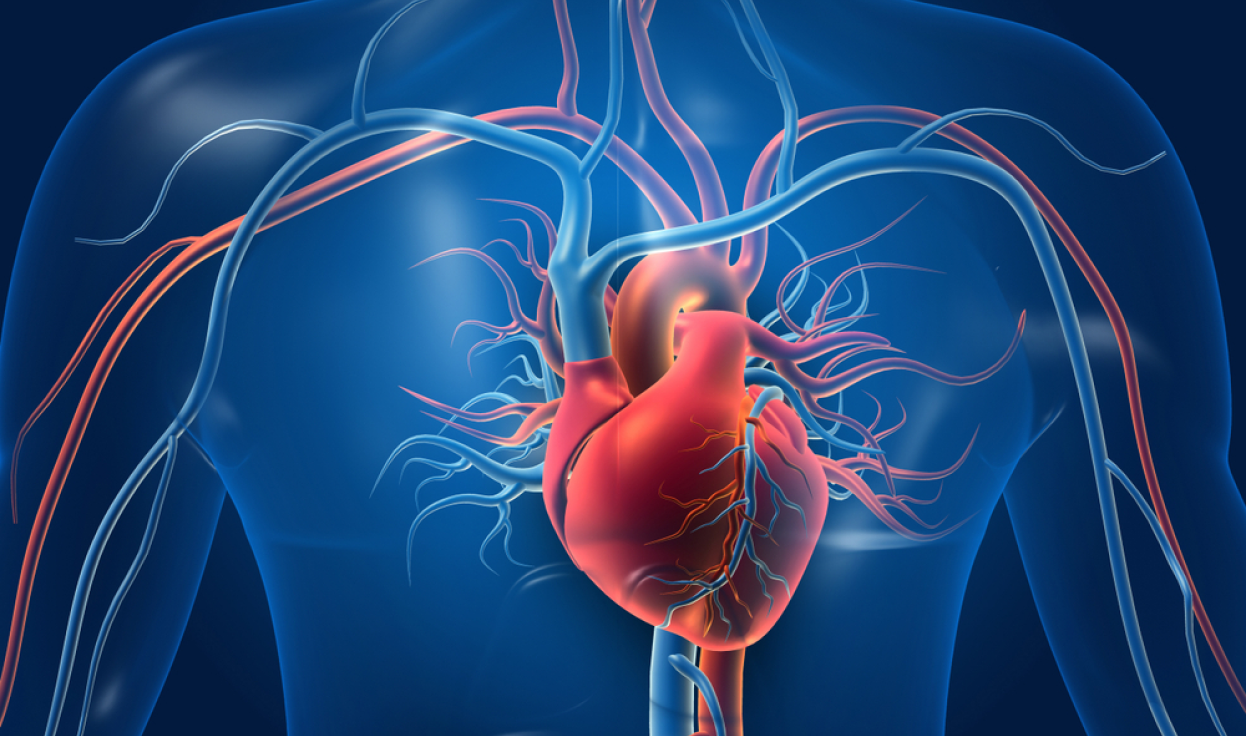Vascular Connection
Understanding Vascular Disease
What is Vascular Disease?
An Essential Guide Vascular disease encompasses a wide range of conditions that affect the circulatory system, which includes the veins, arteries, and lymphatic vessels. These diseases can lead to serious health issues if not identified and treated early. This guide provides essential information on understanding vascular diseases to help raise awareness and promote early detection.
Causes and Risk Factors
The primary cause of many vascular diseases is atherosclerosis, a condition where plaque builds up inside the arteries, narrowing them and reducing blood flow. Risk factors for vascular diseases include aging, smoking, high cholesterol, high blood pressure, diabetes, obesity, and family history of cardiovascular diseases.
Symptoms to Watch For
Symptoms of vascular disease vary depending on the specific condition but often include pain, aching, or cramping in the limbs, particularly when walking or exercising; numbness or weakness in the legs; and changes in skin color or temperature. Having sores that do not heal or take a long time to heal can also signify vascular disease.
The Importance of Early Detection
Early detection of vascular disease is critical. Regular check-ups with a healthcare provider can help catch signs of vascular problems early, improving treatment outcomes and preventing complications such as heart attack or stroke.
By understanding vascular diseases, you can take proactive steps toward maintaining your vascular health and preventing serious health complications. Stay informed and consult with a vascular specialist if you experience any symptoms or have concerns about your vascular health.

An Essential Guide Vascular disease encompasses a wide range of conditions that affect the circulatory system, which includes the veins, arteries, and lymphatic vessels. These diseases can lead to serious health issues if not identified and treated early. This guide provides essential information on understanding vascular diseases to help raise awareness and promote early detection.
Prevention and Treatment
Preventing vascular disease involves maintaining a healthy lifestyle—eating a balanced diet, exercising regularly, avoiding smoking, and managing chronic conditions like diabetes and hypertension. Unfortunately, some vascular conditions much like medical conditions are related to your genetics and cannot be prevented. Treatments for vascular diseases can range from lifestyle modifications and medications to more invasive procedures like angioplasty or vascular surgery.
